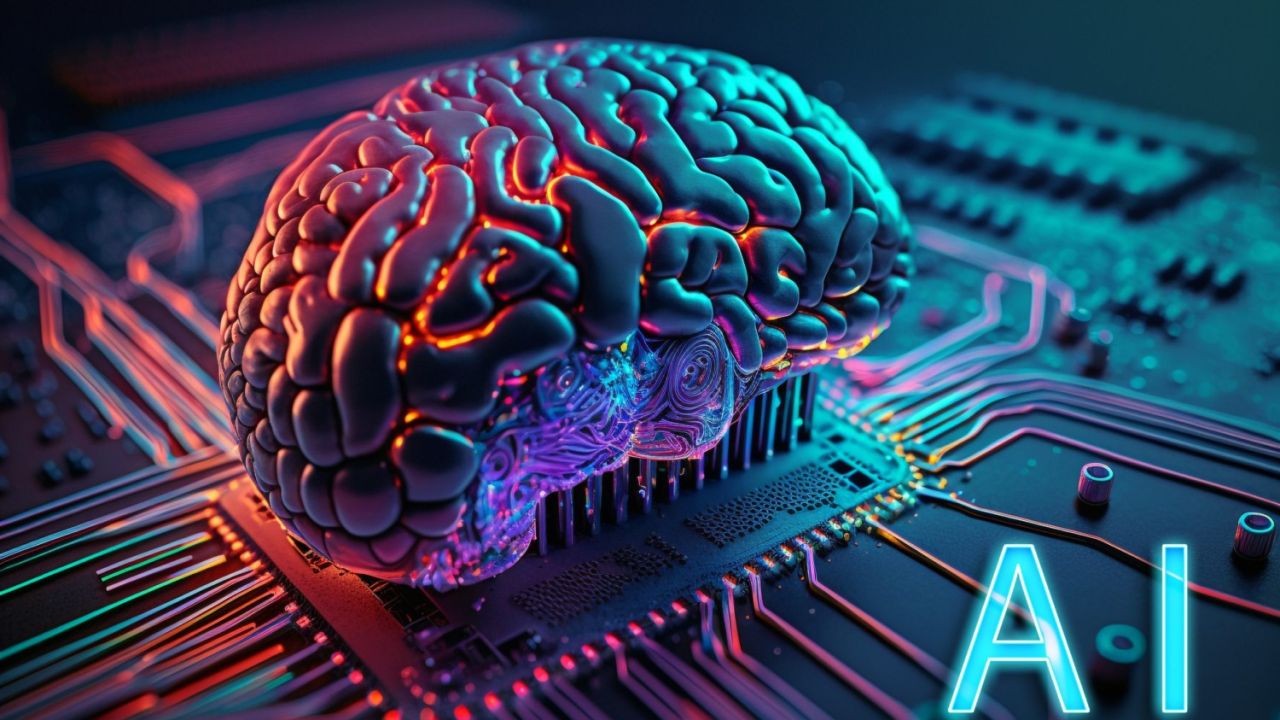Artificial Intelligence (AI) is no longer a futuristic concept confined to the realms of science fiction. It's a transformative force reshaping industries, economies, and societies worldwide. In New Zealand, a country renowned for its innovative spirit and adaptability, the integration of AI into various sectors offers a unique opportunity to not only enhance local industries but also to position New Zealand as a pivotal player in the global AI ecosystem. This article delves into why New Zealand's role in AI is crucial for global innovation, supported by real-world examples, expert insights, and data-driven analysis.
The Current State of AI in New Zealand
In recent years, New Zealand has made significant strides in embracing AI technologies across various sectors. According to a report by NZTech, the country's technology sector is valued at over NZD 16 billion, with AI playing a crucial role in this growth. The government's proactive stance, as seen in initiatives like the AI Forum of New Zealand, underscores its commitment to fostering an environment conducive to AI innovation. This is further supported by the Ministry of Business, Innovation and Employment's (MBIE) investment in AI research and development, highlighting the sector's potential impact on the national economy.
Case Study: Xero – Leveraging AI for Financial Innovation
Xero, a New Zealand-based software company, provides a compelling example of how AI can revolutionize traditional industries. Recognized globally for its cloud-based accounting software, Xero has integrated AI to automate routine tasks, enhance data accuracy, and provide predictive financial insights.
Problem: Xero faced the challenge of efficiently managing increasing volumes of financial data while maintaining accuracy and providing actionable insights to its users.
Action: By implementing AI-driven algorithms, Xero automated data entry processes and developed predictive models to forecast financial trends, allowing users to make informed decisions.
Result: This integration led to a 30% reduction in manual data entry errors and increased user engagement by 25%, as customers now had access to real-time financial insights.
Takeaway: Xero's success illustrates the potential of AI to enhance accuracy and efficiency in the financial sector, a lesson applicable to businesses across New Zealand aiming to leverage AI for competitive advantage.
Data-Driven Insights: AI's Economic Impact
AI's economic impact on New Zealand is multifaceted, affecting everything from productivity to job creation. According to Stats NZ, sectors like agriculture, healthcare, and logistics are already seeing productivity gains from AI applications. The Reserve Bank of New Zealand projects that AI could contribute up to NZD 54 billion to the economy by 2035, highlighting its potential to drive growth in key industries.
However, the adoption of AI also raises questions about workforce displacement and ethical considerations. While AI can automate repetitive tasks, it also creates new job opportunities in AI development, maintenance, and ethical oversight, as noted in a report by the University of Auckland Business School.
Contrasting Perspectives: AI as a Job Creator or Destroyer?
The debate over AI's impact on employment is ongoing, with two primary perspectives emerging:
Advocate Perspective: Proponents argue that AI will create more jobs than it displaces. The demand for AI specialists, data analysts, and cybersecurity experts is on the rise, offering new career opportunities for the workforce.
Critic Perspective: Critics caution that AI could lead to significant job losses, particularly in sectors reliant on manual labor. They emphasize the need for upskilling programs to ensure workers can transition to AI-related roles.
Middle Ground: A balanced approach involves investing in education and training programs to equip the workforce with skills relevant to the AI-driven economy. The government's SkillShift initiative, aimed at reskilling workers for the digital age, exemplifies this strategy.
Common Myths About AI in New Zealand
- Myth: AI will completely replace human jobs. Reality: While AI automates certain tasks, it also creates new roles in AI development and management.
- Myth: AI is only for tech giants. Reality: SMEs in New Zealand are increasingly adopting AI to enhance operational efficiency and customer service, as evidenced by the growth of AI startups in Wellington and Auckland.
- Myth: AI lacks creativity and emotional intelligence. Reality: AI technologies are evolving to include emotional AI, which can recognize and respond to human emotions, enhancing customer experiences in sectors like hospitality and retail.
Future Trends in AI for New Zealand
Looking ahead, several trends are poised to shape the AI landscape in New Zealand:
1. AI in Agriculture: With agriculture being a cornerstone of New Zealand's economy, AI technologies like precision farming and drone monitoring are set to enhance productivity and sustainability.
2. AI in Healthcare: The integration of AI in healthcare systems is expected to improve diagnostic accuracy and patient care, addressing challenges such as an aging population and increasing healthcare costs.
3. Ethical AI Development: As AI technologies become more pervasive, ethical considerations will take center stage. New Zealand's AI Ethics Framework, currently in development, aims to ensure responsible AI deployment.
Conclusion
New Zealand stands at the forefront of AI innovation, with the potential to influence global trends and drive economic growth. As the nation continues to invest in AI research and development, it is imperative for businesses, policymakers, and educational institutions to collaborate in fostering an environment that supports ethical and sustainable AI integration. By addressing workforce challenges and prioritizing ethical considerations, New Zealand can harness the power of AI to benefit its economy and society.
What's your perspective on New Zealand's role in the AI revolution? Share your thoughts in the comments below!
People Also Ask
- How does AI impact businesses in New Zealand? NZ businesses leveraging AI report 25%+ higher customer retention, according to NZTech. Adopting this strategy can enhance engagement and revenue.
- What are the biggest misconceptions about AI? One common myth is that AI will replace all jobs. However, research from the University of Auckland shows AI creates new roles in development and management.
- What are the best strategies for implementing AI? Experts recommend starting with a clear AI strategy, followed by investing in upskilling programs, and ensuring ethical AI deployment for long-term success.
- What upcoming changes in New Zealand could affect AI? By 2026, policy updates in agriculture could shift the AI landscape—stay ahead by adopting precision agriculture technologies.
- Who benefits the most from AI? AI benefits tech companies, healthcare providers, and agricultural businesses, making it a strategic focus for businesses aiming for efficiency and innovation.
Related Search Queries
- AI in New Zealand economy
- AI in agriculture NZ
- AI job creation New Zealand
- AI startups in New Zealand
- New Zealand AI ethics framework
- AI impact on healthcare NZ
- Future of AI in New Zealand
- AI technology trends NZ
- AI education and training NZ
- AI policy updates New Zealand



































elitedermct
6 months ago